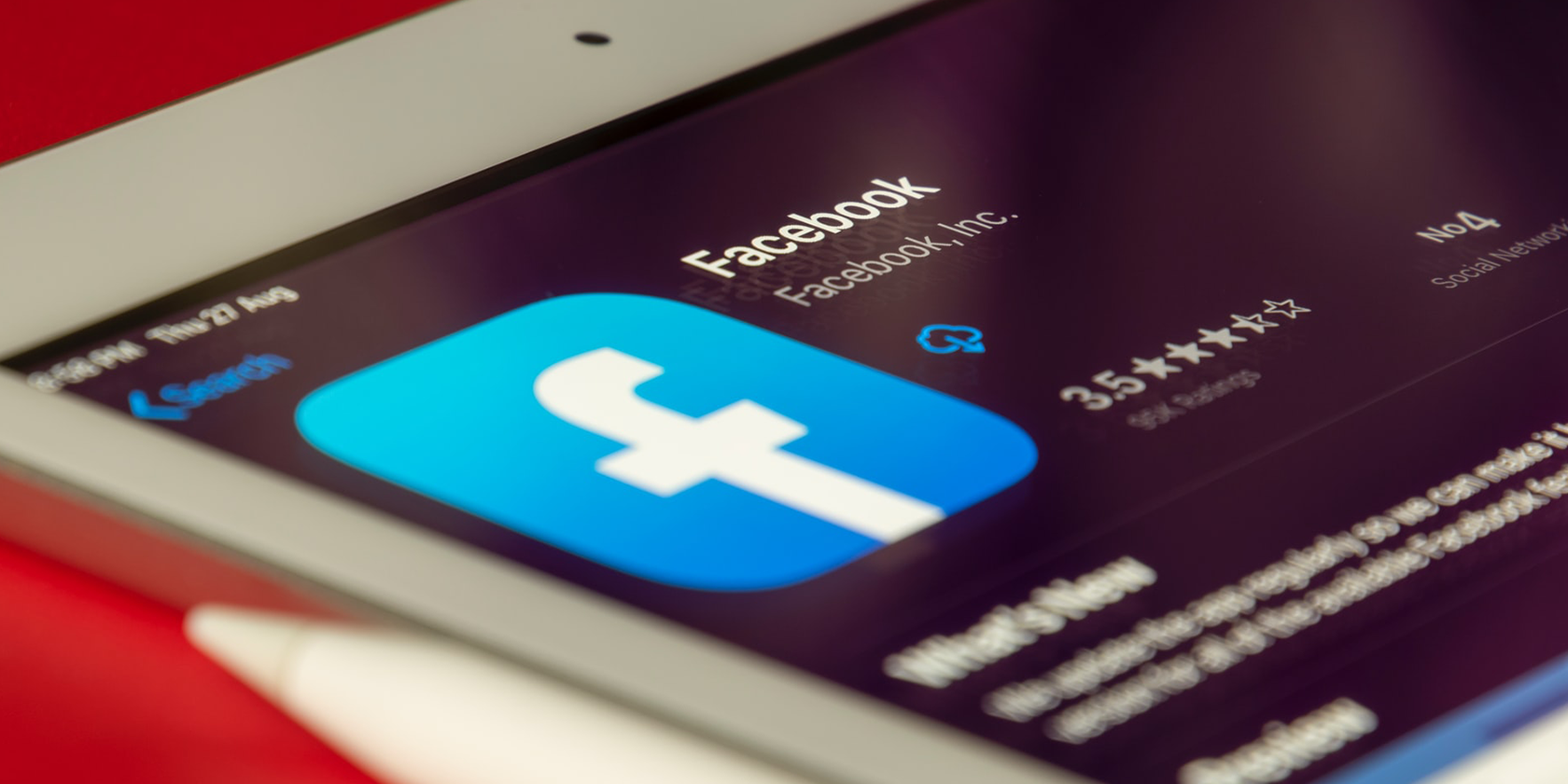Founded in 2007, Avaaz is a US-based, nonprofit campaigning organization that aims to shift worldwide attention to pressing social and political issues. The organization’s latest analysis has presented some… interesting data, to say the least.
Apparently, had Facebook seriously addressed misinformation on its platform from the get-go, a huge chunk of the service’s userbase would’ve been spared from false info regarding the 2020 US presidential election.
Could Facebook Have Done More to Fight Misinformation?
Avaaz‘ latest online campaign, entitled “Facebook: From Election to Insurrection,” claims that Facebook could have prevented 10.1 billion estimated views of post flagged for election misinformation (from its “top-performing pages”) if it had acted sooner.
Failure to downgrade the reach of these pages and to limit their ability to advertise in the year before the election meant Facebook allowed them to almost triple their monthly interactions, from 97 million interactions in October 2019 to 277.9 million interactions in October 2020. [This number is] catching up with the top 100 US media pages (ex. CNN, MSNBC, Fox News) on Facebook.
On top of that juicy bit of insight, Avaaz found 267 Facebook pages and groups (combined total of 32 million users) that contained posts with “violence-glorifying content in the heat of the 2020 election.”
68.7 percent of them promoted QAnon, Boogaloo, or militia-aligned conspiracy theories—which shouldn’t be the case, as Facebook banned all things QAnon from its platform in October 2020. To make matters worse, 118 of the 267 pages and groups are still active to this day despite all the blatant Facebook policy violations.
Avaaz also mentions that it had to report at least three posts that “verged on incitement to violence” to Facebook, urging the moderators to take accelerated action.
Misinformation on Facebook is a huge problem right now. Users are publishing misleading posts at an alarming rate on just about every major worldwide discussion—the COVID-19 pandemic, climate change, you name it.
On Monday, Facebook reported it had removed 1.3 billion fake accounts in an effort to stop the rapid spread of misinformation.
Is Misinformation a Problem on All of Facebook’s Apps?
With the slow roll out of its News tab (in the mobile app) in select countries around the world, Facebook clearly wants to build itself up as a viable option for netizens to get news from trustworthy sources.
That obviously can’t happen if false headlines and stories continue to populate Facebook and its other apps, though. It was only two weeks ago that The Center for Countering Digital Hate (CCDH) published a report claiming that the Instagram algorithm promotes misinformation.
About The Author

.jpg?fit=crop&w=100&h=100)